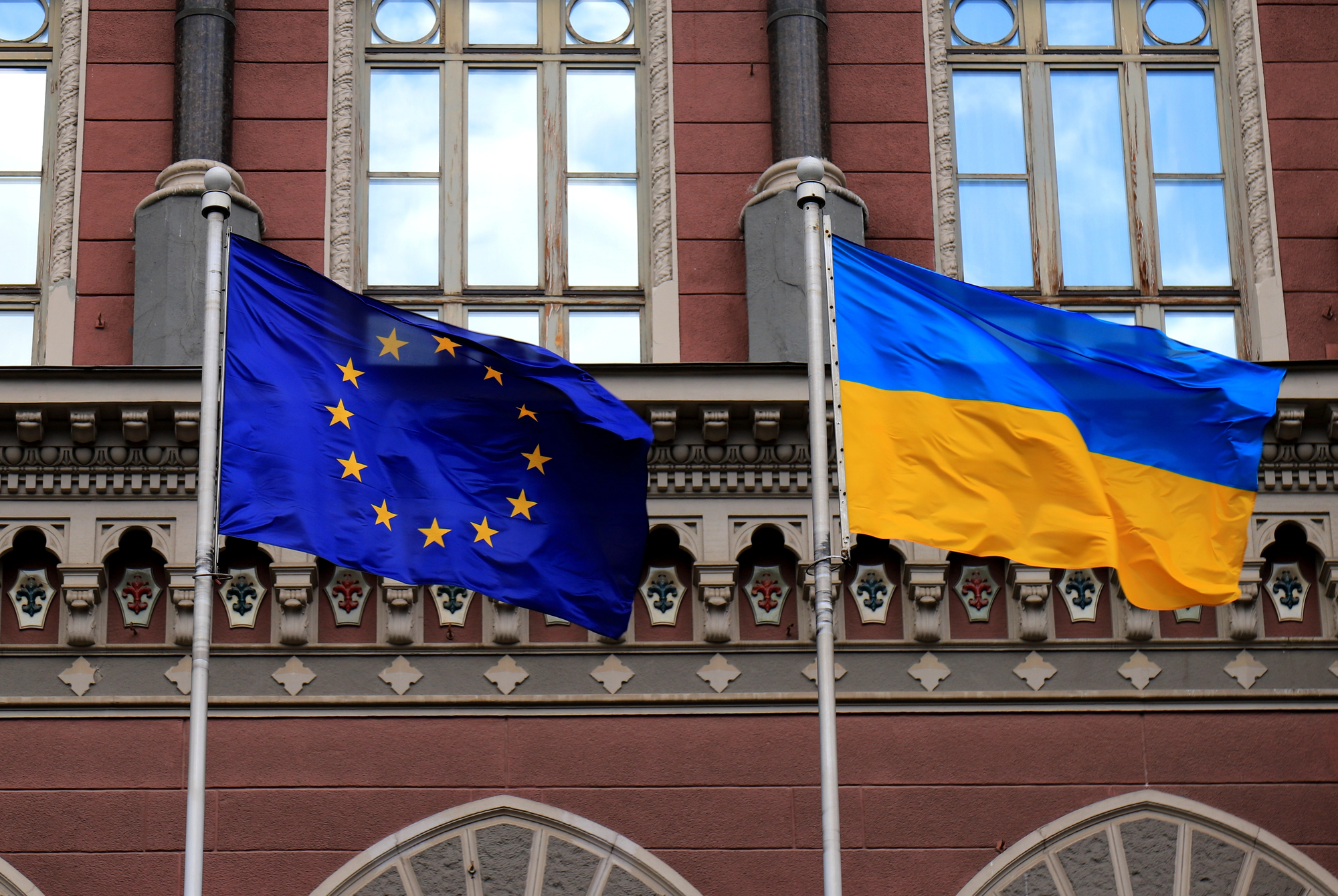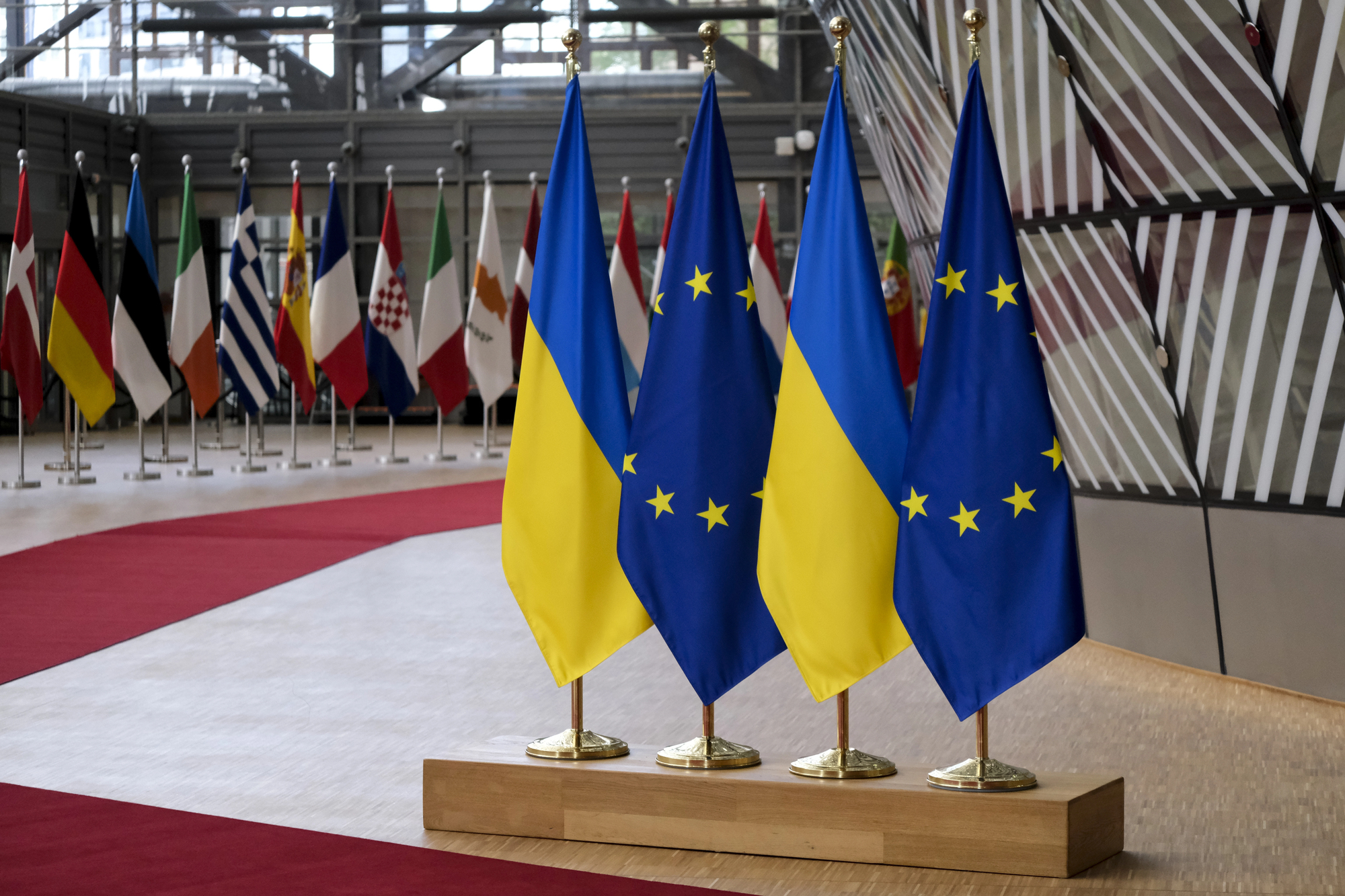As promised, an era of new faces has arrived: Ukraine elected the 9th convocation of the Verkhovna Rada. The majority of MPs in this convocation represent the Servant of the People party. None of them have ever worked as members of the parliament. However, they will be joined by three “old” parties that were also able to win seats in Verkhovna Rada: Opposition Platform – For Life (that includes many former members of the Opposition Bloc), Fatherland and European Solidarity (former Petro Poroshenko Bloc). How did representatives of these parties vote for reforms when working in the 8th parliament?
Five years ago, during the 2014 snap elections, reforms were a recurrent theme in political parties’ election programmes. People’s Front stood out among the six parties that were represented in the parliament, with reforms being mentioned in every block of its programme. Petro Poroshenko Bloc promised to reform the police, while the Opposition Bloc wanted to cancel the pension reform. How did member of these parties vote for reforms over the last 4,5 years?
VoxUkraine created an instrument called the “MP’s Efficiency Coefficient” that estimates the contribution of each member of parliament to the implementation of reforms in the country.
Our methodology
MP’s Efficiency Coefficient (MPEC) uses the data provided by the iMoRe project and open data of the Verkhovna Rada. iMoRe experts assess the expected economic and social impact of reform bills, giving 1 point to bills with minor positive impact and 5 points to the ones with significant positive impact. They can also give negative grades to bills that will have a negative impact.
An MP who voted for a reform bill received the number of points the experts have given to the bill. An MP’s rating is the sum of points they have received for all votes. The rating is then converted into usefulness. An MP’s Efficiency is calculated on the scale of 0 to 100%. To receive a Efficiency grade of 100% an MP would have to vote for all positive reforms and never vote for anti-reforms. In practice, almost all MPs have a lower MPUC. Usually, the reasons for this are being absent during a vote for a reform bill or voting for an anti-reform one. For some MPs the difference between their MPECs is mere ten-thousandths of a point. In these cases we rounded the coefficients to the nearest hundredth.
We also calculated the average MPEC for the parliament overall and for select factions and groups of MPs.
The final rating included 458 MPs: since some of the MPs were unable to complete their terms and were replaced, the total number of 8th convocation MPs was higher than the initial 423.
Areas with the most reforms
During its term, the 8th Verkhovna Rada voted for 302 positive reforms and 14 negative ones. Sectors with the biggest number of reforms (i. e. pieces of legislation) were anti-corruption, business regulation, and energy independence (you can find more information about top 10 areas of reforms in the table below or here). However, MPs demonstrated the highest level of discipline when voting for bills in other sectors that received a lot fewer points from iMoRe experts (see Table 1).
Table 1. Sectors that received the most points for iMoRe and the ones that received the most support from 8th Verkhovna Rada
| Top iMoRe reform sectors | Top reform sectors supported by the MPs |
|
|
Industries highlighted with green are included in both lists.
How the MPs from three factions that have kept their seats in the parliament had been voting for bills considered to be reform ones by the Index for Monitoring Reforms?
The most effective ones lost their seats
Supporting reforms does not translate directly into receiving support from voters. People’s Front and Samopomich (Self-Reliance), two out of three most effective factions, lost in the parliamentary elections. At the same time, the MPs from the Opposition Bloc who opposed reforms the most were elected to represent the people again (Fig. 1).
Figure 1. Support for reforms by the 8th Verkhovna Rada factions
Average Efficiency of the 8th Verkhovna Rada was 58%.
Figure 2. Support for reforms by the 8th Verkhovna Rada MPs
The average level of support for reforms among the 8th Verkhovna Rada MPs is almost equal to the median: for 248 out of 458 MPs reform support level is 58% or higher.
84 MPs who kept their seats after the elections have an average MPEC of 50%.
The biggest faction among them, 23 MPs, represented the Petro Poroshenko Bloc in the 8th Verkhovna Rada and had an average MPEC of 75%. Three MPs from this group ranked among the top 20 MPs with the highest MPECs. These are Serhii Alieksieiev (ranked 18th), Artur Gerasymov (ranked 16th) and Volodymyr Areshonkov (ranked 14th). All of them have an MPEC of 91%.
Members of the Opposition Bloc were among the weakest supporters of reforms in the 8th Verkhovna Rada. Average MPEC for 18 representatives of this political party who kept their seats after the elections is 15%. Vadym Rabinovych and Serhii Liovochkin, the faction’s leaders, ranked 3rd and 5th to last with MPECs of 2% and 3% respectively.
Fatherland party has 12 MPs who have won seats both in the 8th and the 9th convocation of the parliament. Their average MPEC is 43%. Most of them were ranked in the fourth hundred of the MPEC rating. The most useful one among Fatherland’s MPs who kept their seats was Ivan Kyrylenko who ranked 241st with an MPEC of 58%.
There are also some MPs who were able to keep their seats by winning the first-past-the-post elections in constituencies, even though their parties failed to pass the threshold. One of them is Mykola Velychkovych who was a member of the People’s Front faction in the 8th Verkhovna Rada and ranked 3rd by reform support level with an MPUC of 95%.
What reforms were supported by surviving factions?
Petro Poroshenko Bloc supported all of the top 10 reform areas (see Table 1) almost evenly. At the same time, Fatherland MPs provided the most support for anti-corruption and property rights bills (including the judicial reform) and the least support to reforms involving taxation, social security and banking. MPs from the Opposition Bloc supported energy and business reforms and practically never voted for government spending and social security reforms (see Fig. 2).
Figure 3. Average support for top 10 reform sectors by the Petro Poroshenko Bloc, Fatherland and the Opposition Bloc
On average, MPs who kept their seats after the parliamentary elections provided the least support for taxation, social security and government spending reforms.
Opposition Bloc rarely voted for bills on government property (less than 0,01%), Petro Poroshenko Bloc provided the least support for government finance reforms (65%), while Fatherland most voted against capital market reforms (0,09%).
Conclusions
- There are 84 MPs in the 9th convocation of the Verkhovna Rada who have also worked in the previous one. These are members of the Opposition Platform – For Life (former Opposition Bloc), Fatherland and European Solidarity (former Petro Poroshenko Bloc). Their average Efficiency Coefficient is 50% and most of them ranked in the second half of the MPs’ Efficiency Coefficient rating.
- The most useful MPs, with an average MPEC of 75%, are the 23 former members of the Petro Poroshenko Bloc. 18 members of the Opposition Bloc and 12 MPs of Fatherland have average MPECs of 15% and 43% respectively.
- MPs of the Petro Poroshenko Bloc supported all reform areas almost evenly, while Fatherland and the Opposition Bloc voted against the tax reform. Opposition Bloc MPs also practically never supported bills involving corruption fighting, social security and government spending.
- Bills supported the most by the 8th Verkhovna Rada concerned public service, corporate management and business regulation.
- At the same time, the favourite reforms among the MPs who kept their seats were competitiveness policy and property rights reforms.
Attention
The author doesn`t work for, consult to, own shares in or receive funding from any company or organization that would benefit from this article, and have no relevant affiliations



